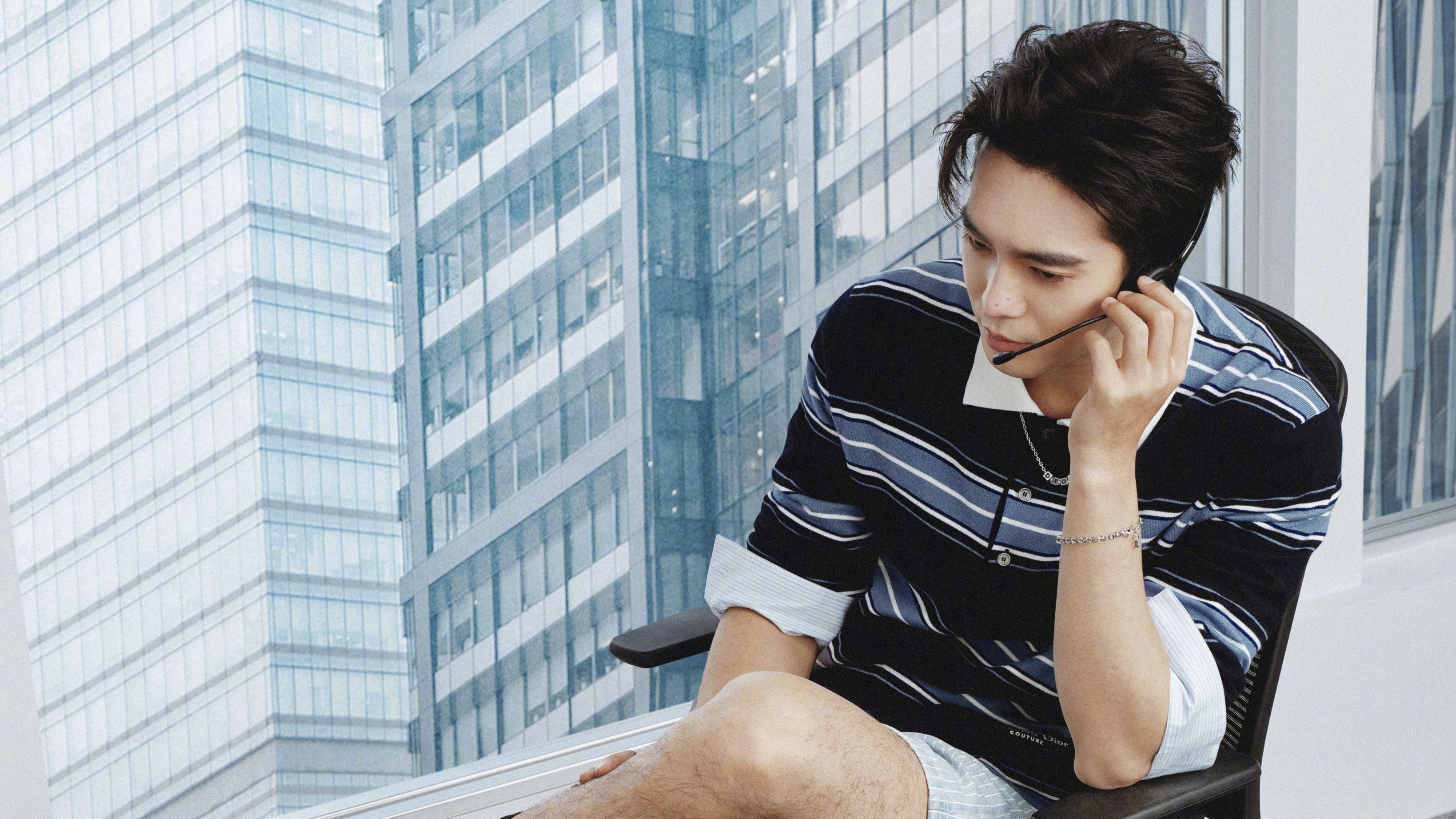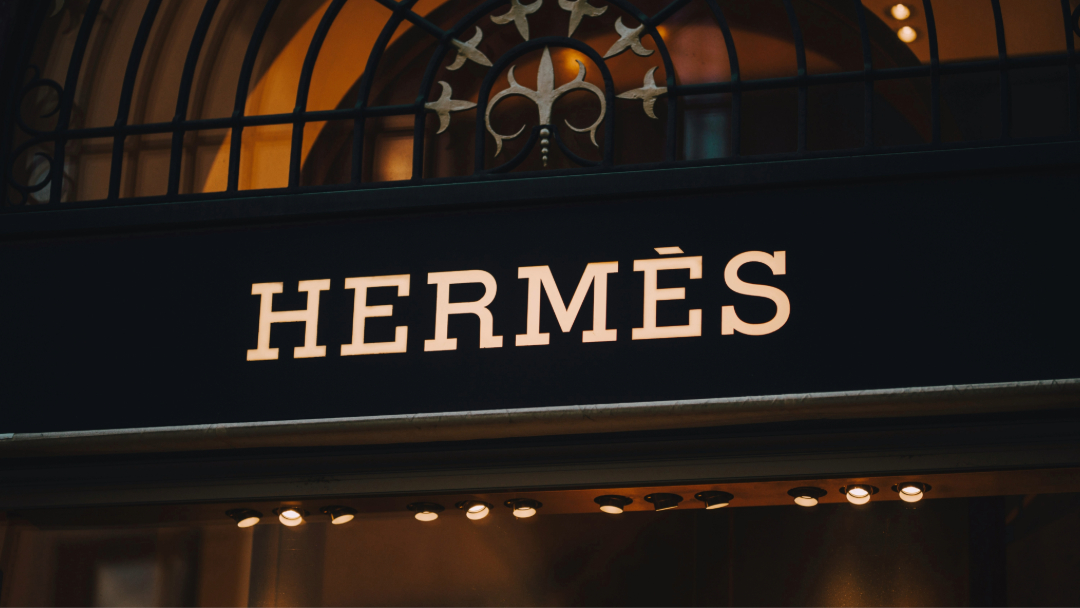The millennials are set to rule more than just luxury consumption – they are also on track to take innovation and wealth creation to the next level, predicts Futurecast.

The millennials are set to rule more than just luxury consumption – they are also on track to take innovation and wealth creation to the next level, predicts Futurecast.
Watch out, world. Us millennials are taking over.
Today, some of the greatest and most profitable businesses are owned or operated by decision makers younger than 35. Why are these young adults gaining such a major influence in our economy as the CEOs and leaders of the major brands? Millennials have the entrepreneurial bug.
“ One in five millennials plans to quit their job and start a business ”
Despite the high risk that comes with starting a business (more than 99 percent of startups that seek funding inevitably fail, according to Forbes) millennials watched their stressed-out parents climb the corporate ladder and decided enough is enough.
As digital natives, millennials have grown up with the mindset that if they want something, all they have to do is get online and access the right resources to make it happen – and they are letting that same mindset guide them in the workplace. If a millennial cannot find what they are looking for in a job, career or business that already exists, they are tapping into their resources and creating something completely new.
According to research conducted by Buzz Marketing Group, one in five millennials plans to quit their job and start a business. This entrepreneurial mindset is especially true for affluent millennials, a subset of the generation with an annual household income of more than $100k.
“ These young adults are more interested in putting the knowledge gained to use in the workforce ”
In the past, affluence was typically linked to higher education and master or graduate programs. The conventional wisdom was the more degrees you had, the more likely you were to have a higher income. While this is still true today, millennials are quickly beginning to shift this mindset.
At Futurecast, we found that although graduation rates are high among the affluent millennial population, graduate school attendance for affluent millennials was significantly lower than what it was for affluent adults from previous generations and even lower when we factor in the population of affluent millennials who have completed graduate school.
This is potentially a result of the entrepreneurial spirit of many millennials who have the means and the desire to explore options outside of college. As an entrepreneurial generation, these young adults are more interested in putting the knowledge gained in their undergraduate programs to use in the workforce.

Entrepreneurial Branding
Beyond just the workplace, this entrepreneurial mindset is affecting the way affluent millennials are connecting with their favourite brands. Just like their careers, millennials are taking their brand journeys into their own hands.
Instead of looking for brands to hold their hands throughout a purchase decision, affluent millennials do not want a brand’s constant involvement in the decision-making process.
Brands need to identify the points of contact where affluent millennials can’t do it all on their own and guide them to make the right decision based on their individual lifestyle.
“ Their entrepreneurial spirit is a major influence on their consumer behaviour ”
Millennials are quickly changing the way they behave in the market and their entrepreneurial spirit is a major influence on their consumer behaviour. In order to engage entrepreneurial millennials you must:
1. Create opportunities for millennial consumers to create their own experiences, products or journeys
2. Do not be involved in every step of the consumer journey, instead give them the resources to find your brand organically
3. Recognise that millennials believe they can do it on their own but need some support to get there
4. Align with the entrepreneurial mindset by embracing the shop local, startup trend
5. Give them something they can believe in









